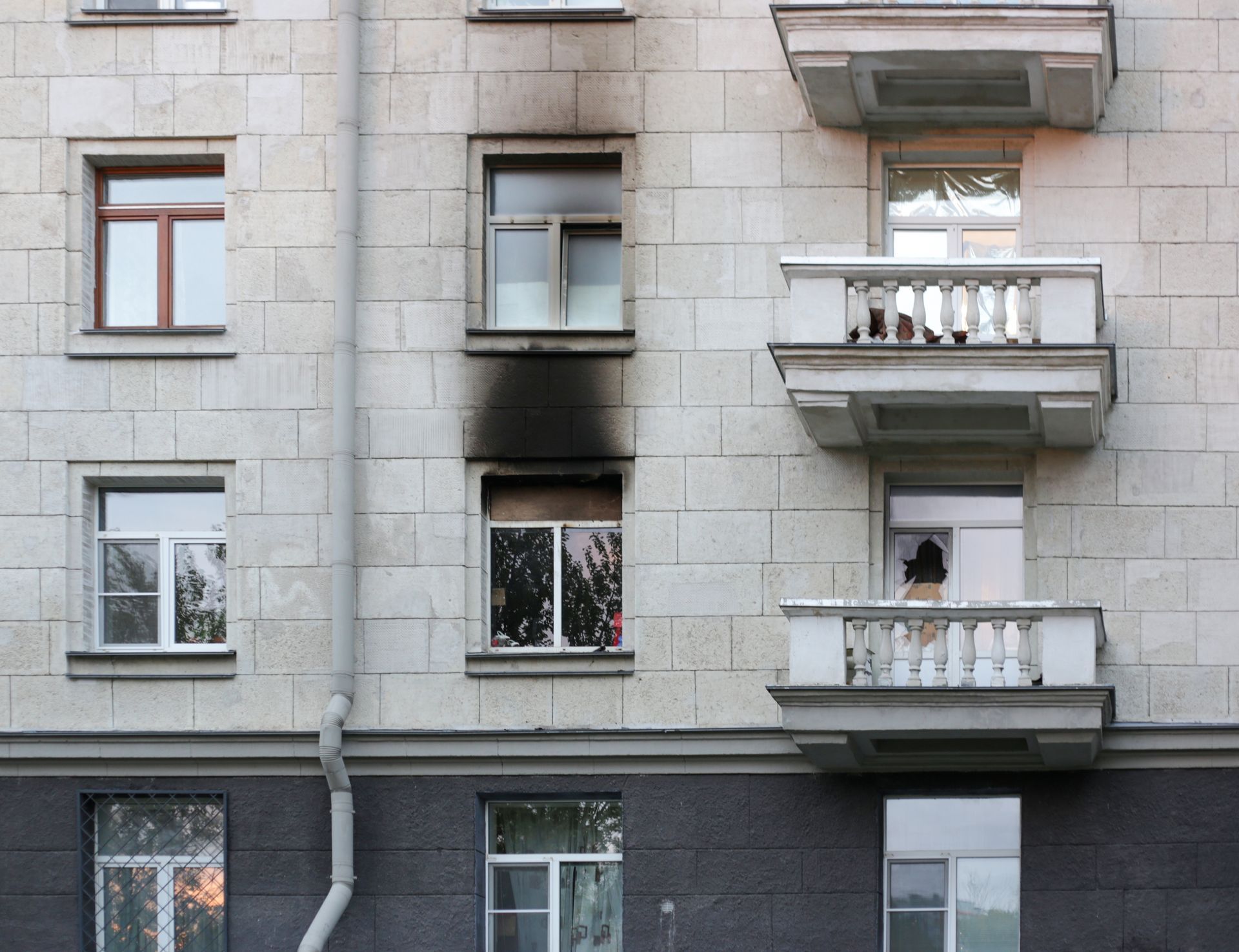Unsafe living conditions in an apartment complex can lead to severe injuries and financial losses. Whether it’s a slip-and-fall accident, faulty wiring causing a fire, or inadequate security leading to an assault, tenants have legal rights. If you’ve suffered harm due to landlord negligence, you may have grounds for a lawsuit.
In this guide, we’ll walk you through how to sue an apartment complex for negligence, what you need to prove, and how to protect your rights as a tenant.
Can I Sue an Apartment Complex?
Yes, you can sue an apartment complex if their negligence caused you harm. Negligence means they failed to take reasonable care in maintaining a safe living environment. This applies to both physical injuries and property damage.
To have a valid claim, you must prove:
- Duty of care:
The landlord or property management had a legal responsibility to maintain a safe property.
- Breach of duty:
They failed to fix or warn about hazards.
- Causation:
Their negligence directly caused your injuries.
- Damages:
You suffered actual harm, such as medical bills or lost wages.
Who Can Be Held Liable?
Depending on the situation, you may sue:
- The apartment complex owner if they failed to maintain safe conditions.
- The property management company if they ignored complaints or failed to perform repairs.
- Third-party contractors (such as security companies or maintenance providers) if their negligence contributed to the incident.
How to Prove Apartment Complex Negligence
Winning a negligence claim requires strong evidence. Here’s what you need:
1. Document the Hazard
Take clear photos or videos of the dangerous condition that caused your injury. This includes broken stairs, poor lighting, water leaks, or security failures.
2. Report the Issue in Writing
If you previously complained about the issue, provide copies of emails, letters, or maintenance requests. This proves the landlord was aware of the problem but failed to act.
3. Gather Witness Statements
If neighbors or visitors saw the dangerous condition or your accident, their testimony can strengthen your case.
4. Obtain Medical Records
If you were injured, seek medical attention immediately. Your medical records will link the injury to the apartment’s negligence.
5. Review Lease Agreements and Local Laws
Some leases include clauses on maintenance responsibilities. Additionally, local landlord-tenant laws set minimum safety standards that apartment complexes must follow.
Examples of Negligent Landlords or Apartment Complexes
Many types of negligence can justify a lawsuit, including:
1. Slip-and-Fall Hazards
- Wet floors in common areas with no warning signs
- Icy sidewalks that weren’t salted or cleared
- Loose carpeting or broken stairs
2. Inadequate Security
- Poorly lit parking lots or hallways
- Broken locks on entrances or apartments
- Lack of security personnel in high-crime areas
3. Fire Hazards
- Faulty electrical wiring causing electrical fires
- Lack of smoke detectors or fire extinguishers
- Blocked emergency exits
4. Unsafe Living Conditions
- Mold infestations from water leaks
- Pest infestations due to poor maintenance
- Unstable balconies or collapsing ceilings
5. Negligent Maintenance
- Plumbing leaks that cause property damage
- Heating or air conditioning failures
- Broken elevators leading to injuries
What Are My Rights as a Tenant?
Tenants have legal protections under landlord-tenant laws. Some common rights include:
- Right to a habitable home:
The landlord must provide safe, livable conditions.
- Right to repairs:
Landlords must fix dangerous conditions within a reasonable time.
- Right to withhold rent:
In some states, you may withhold rent if repairs aren’t made.
- Right to sue for damages:
If the apartment complex’s negligence harms you, you can seek compensation for medical bills, lost wages, and pain and suffering.
If a landlord fails to address serious hazards, tenants can also report them to local housing authorities.
How Much Can I Sue For?
The compensation you can recover depends on the extent of your damages. A lawsuit against an apartment complex may cover:
- Medical expenses:
Hospital bills, physical therapy, medication costs
- Lost wages:
Compensation for time missed from work
- Pain and suffering:
Physical and emotional distress caused by injuries
- Property damage:
If your belongings were damaged due to landlord negligence
In some cases, courts may award punitive damages if the landlord acted recklessly or ignored serious safety hazards.
Do I Need a Personal Injury Attorney?
Suing an apartment complex can be challenging. Property owners and management companies often have legal teams to fight claims. An experienced personal injury attorney can help by:
- Evaluating your case to determine if you have a strong claim
- Negotiating with landlords and insurers to secure fair compensation
- Filing a lawsuit if the apartment complex refuses to settle
- Representing you in court if needed
Having a lawyer significantly increases your chances of winning a case and getting the compensation you deserve.
Final Thoughts
If you’ve suffered an injury due to apartment complex negligence, you have legal options. Document everything, seek medical attention, and consult an attorney. Holding negligent landlords accountable not only helps you recover damages but also ensures safer living conditions for other tenants.
For expert legal guidance, reach out to Harper, Evans, Hilbrenner & Netemeyer. Our team has the experience to fight for your rights and help you secure the compensation you deserve.


